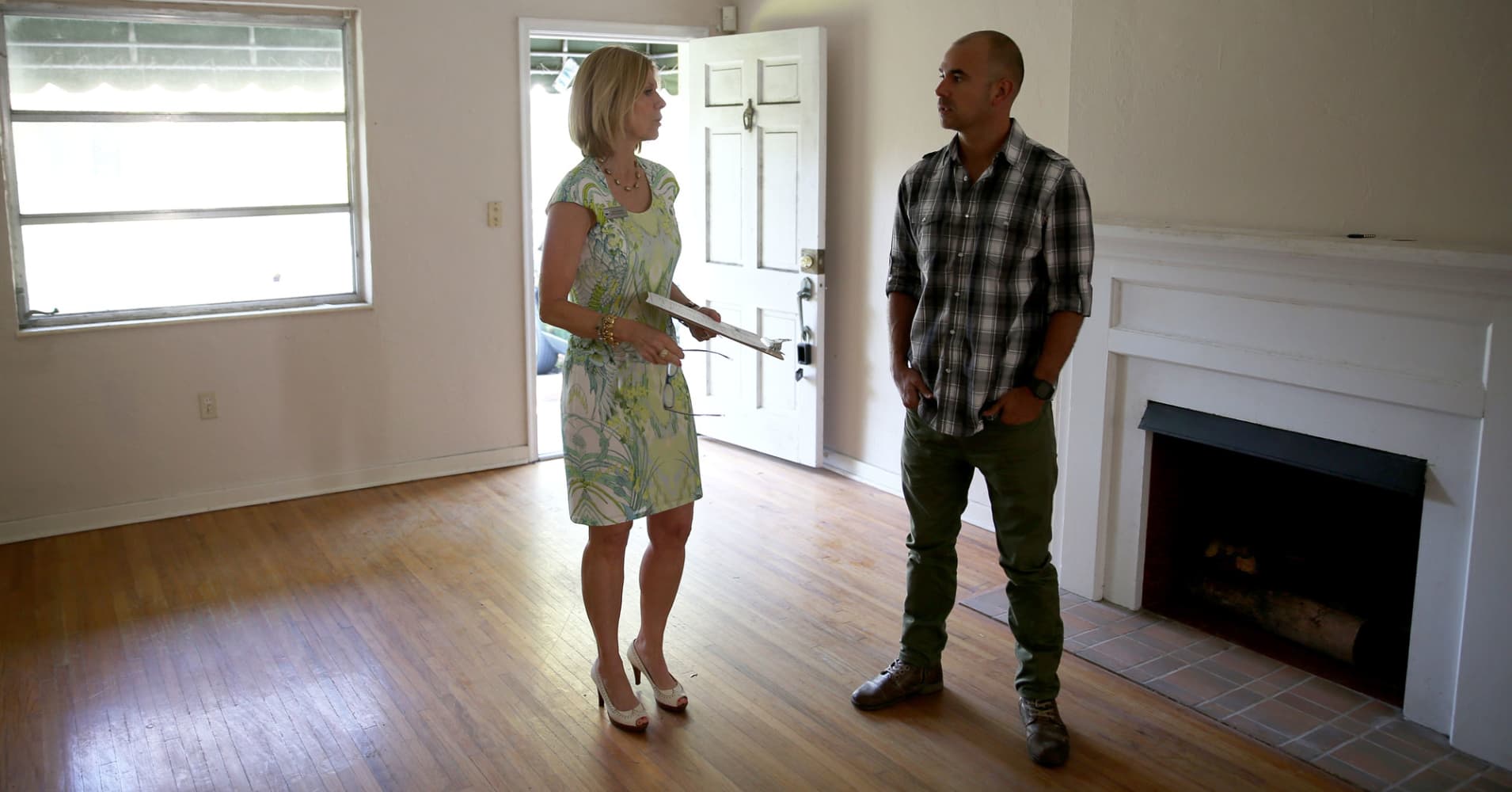The average contract interest rate for 30-year fixed-rate mortgages with conforming loan balances ($484,350 or less) increased to 4.76 percent from 4.75 percent, with points increasing to 0.47 from 0.44 (including the origination fee) for loans with a 20 percent down payment. Mortgage rates had spiked last fall only to turn significantly lower to end 2018. The average rate is still 35 basis points higher than a year ago.
The biggest drop in application volume was for refinancing, which are most rate-sensitive week to week. They fell 6 percent for the week and were 27 percent lower than a year ago.
"Refinance activity had seen a small resurgence in the past few weeks, but there still remains only a small share of borrowers left to gain from rates at the current levels," said Joel Kan, MBA's vice president of industry surveys and forecasts.
Mortgage applications to purchase a home fell 2 percent for the week and were 7 percent lower than a year ago. Weak affordability and low supply has plagued the market for more than a year, but purchase applications rose sharply at the start of the year, signaling that buyers were responding to the drop in interest rates.
"Despite ongoing supply and affordability constraints, the healthy job market and underlying demographic fundamentals both point to gradual purchase growth in the coming months," Kan said.
Mortgage rates have been in a very narrow range for the past few weeks but could break out this week, especially with two big events: Wednesday's Federal Reserve announcement on interest rates and Friday's monthly employment report.
"To be clear, the Fed will not be making any changes to the Fed Funds Rate tomorrow, but they may take bigger steps to telegraph future policy changes than they have at previous announcements," Matthew Graham, chief operating officer at Mortgage News Daily, said Tuesday. "Investors will be looking for clues in the verbiage."





